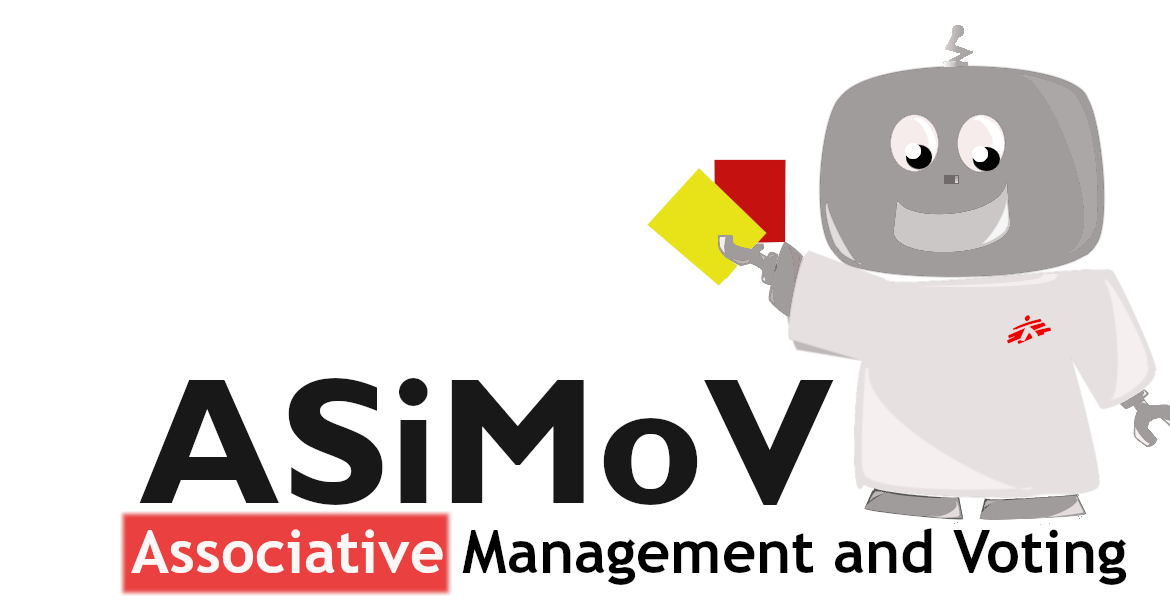Motion:
The OCB Gathering request that the IGA task the five Operational Centres to develop clear policies and guidelines, in accordance with our medical-humanitarian identity and duty of care, that will ensure the wellbeing of our locally-hired workforce during and after crises. These must include: clear lines of communication with local teams; fair and transparent HR policies; and a greater involvement of locally hired staff in ground-level operational decision-making. Only these will reflect the humanity that MSF wants to embody.
Background and explanation:
We have a duty towards our locally hired to make them feel truly and completely part of MSF, especially during and after emergencies. As 90% of our workforce, they are essential to our medical-humanitarian identity and the success of our operations.
Yet, after all the discussions and debates around inclusion, about involving and trusting our locally hired staff, we still have a long way to go to ensure we walk this talk in emergency contexts. In Sierra Leone after the Ebola crisis and in Afghanistan during and after the government change, the staff were hugely impacted by issues around compensation and the HR regulations.
This motion is a step on that journey and in the right direction. It sends a clear signal that we must do more for our locally hired colleagues.
It will be for the OCs to consider how to ensure this direction is met. But the measure of success will first-and-foremost be that all emergency actions, policies and response plans are discussed with the local teams that they impact, and that those staff have a thorough understanding of where they fit into them.
I believe there are straightforward actions the OCs could take, which would have immediately positive results. Some examples are:
- Creating and implementing clear HR guidelines on compensation and benefits, specifically for crisis scenarios that address emergency situations when work may be diminished or stopped altogether, or when staff are unable to travel in to work.
- Build guidelines to ensure an external committee (of different relevant profiles) external to the mission is actively available to local MSF staff in the event of crisis, which can communicate and raise their voices, and that this platform is multilingual.
- Immediately start an assessment of current crises and the impact on the staff, and share a lessons learnt document internally.
What this motion is not or does not ask for
In this motion I am not talking about the dilemma of evacuation of Locally hired staff. I hope that topic is tackled in the MSF We Want to Be and beyond. In this motion we only focus on how we manage our staff during and immediately after an accelerated crisis.
More details about Afghanistan situation
During the change of power in Afghanistan, every province was impacted differently. However, the Lashkar Gah project was impacted the most, in terms of duration of fighting inside the city. There was active conflict for more than two weeks. It was a period where all civilians had to stay isolated indoors, and the frontline was right in front of people’s homes. MSF’s Lashkar Gah hospital project was no exception, and the shooting and killing happened right outside the hospital gates.
- MSF Continued its activities in this project even during these days
- The continuation of our activities was also reported internally and externally
- International staff (key staff that were not evacuated) were relocated to the hospital compound
- Most of the time it was impossible for locally hired staff to go home and come to work, therefore:
- Some decided to go home and stay with their family
- Some decided to stay in the hospital to make sure enough staff were there to continue the activities
During and after these two weeks, certain actions from the Mission raised red flags and negative emotions; however, those emotions did not get enough attention.
- Mental health sessions were offered by MSF; however it shocked some people, as it made them feel like HQ was just providing what they liked and did not care about the immediate pressing problems in the field. They felt in that moment they had other issues and requests that MSF had to listen to.
- MSF communicated widely that the charity continued its activities in the area and provided safety for its staff. This raised some emotion around, is MSF really providing us safety? Or are choosing to stay in the hospital to assure operations continue? And emotions around feeling that gap again - us and them.
MSF communicated to the staff around reimbursement and salaries and that the absence of staff impacting their leave balances and salaries! It is worth noting that at the time of the battle for Lashkar Gah, in HQ (at least in OCB) MSF offered extra holidays to the staff as the past two years were difficult due to Covid. The staff felt that they deserved at least 2 days extra leave compensation in time of crisis. Yet someone who couldn’t attend the work in the field due to bullet and rocket storm, got their salaries cut.
Rahmatullah Ali Jani
